(ECNS)--Germany, Europe's largest economy,which has just transitioned to its new government, will assume presidency of the Group of Seven (G7). After the transition in the political arena, how much continuity and stability can people expect from Sino-German relations? Why is it always important for China and the EU to maintain dialogue, cooperation, and mutual learning? Why does the "triad" of bilateral relations set by the EU ("partner, competitor and systemic rival") urgently need to be discussed?
In the latest W.E. Talk, Peng Dawei, chief journalist of China News Service's German branch, discussed with Dr. Hans-Peter Friedrich, member and former vice-president of the German Bundestag, chairman of the China-Bridge Association about the above questions.
Dr. Friedrich expressed his confidence in the continuity of Sino-German relations despite the changes in Germany's domestic political situation. In face of global challenges like the Covid-19 pandemic and climate change, he pointed out that "close cooperation" between Germany and China is necessary. He also suggested that Germans learn from Chinese to be more optimistic towards progress made in the field of technology and to tackle new projects courageously.
Speaking of the "triad", he said the EU and China are undoubtedly important partners. Even though competitions exist, they exist between corporations rather than the two countries. As for the notion of "systemic rival", he said neither the EU nor China is willing to change its respective political system and the Europeans have a great interest in ensuring not only that rivalry between China and the U.S. does not escalate but also that we stand together in a peaceful world.
Here's an excerpt of the dialogue:
Peng Dawei: How much continuity and stability should we expect from Sino-German relations?
Dr. Hans-Peter Friedrich: Well, China is an important partner for Germany economically, technologically as well as politically, and vice versa. I believe we are also an important partner for China in Europe. Therefore, continuity is a must for relations between Germany and China.
After all, such important partnerships must be maintained regardless of the changes in domestic political situation, and I am very optimistic about this. We have a new federal government and I assume that relations between Germany and China are top priorities in the Chancellor's Office.
Olaf Scholz, our new Chancellor, was the mayor of Hamburg. In his previous role, he invested a great deal in relations between Germany and China and did a lot for the cause. I assume that this will continue with his current role as Chancellor, following the footsteps of Angela Merkel.
Peng Dawei: Why is it so important that Germany and Europe can and remain in dialogue with China?
Dr. Hans-Peter Friedrich: First of all, I believe that in a globalized world, all countries must work together in a shared responsibility when it comes to great challenges that mankind faces: saving our planet from overload, protecting the environment and the climate, and health-related concerns.
What we are experiencing right now in the pandemic and the fight against global hunger, are all important issues in which not only all governments of the world must work together, but also Europe and China have a particular responsibility.
We coexist on a large Eurasian subcontinent. I believe that the axis between China and Europe, which acts as not only an axis of development, but also an axis of stability, is of crucial importance, and that is why a close cooperation between Germany and China is necessary.
Peng Dawei: The new German government wants to make new progress in response to climate change and digitization. Will it open up more room for the cooperation with China?
Dr. Hans-Peter Friedrich: Well, digitization and climate change are not only two prominent challenges politically, but also major transformation processes economically for all companies that will have to take place in the following two to three decades. Therefore, these are right at the top of agenda for everyone.
And yes, I believe that there are a lot of opportunities between Germany and China in these sectors. Those are also important themes for German and Chinese companies, such as the use of hydrogen. So there are other sectors that will certainly weld us together in the future.
Peng Dawei: "I stand by the cooperation between Germany and the EU with China. We can learn from each other," Angela Merkel said in her last interview. What can we learn from each other?
Dr. Hans-Peter Friedrich: In general, I think we can learn from China and the Chinese to be more optimistic towards progress made in the field of technology. In Germany, there is an overly cautious attitude towards innovations and new technological developments in many sectors, while the Chinese first see the opportunities, then secondarily the risks – and in Germany, it's the other way around.
I think what we should learn from the Chinese is that, it is a good thing to tackle new projects courageously, to accept that something may just not work out and that something may fail, but even so, to focus on the opportunity in the first place. That is something very important that we have to learn from China. What the Chinese can learn from us - that is what you have to answer.
Peng Dawei: What I can think of are examples such as hydrogen and, so to speak, new green technologies, etc. I wouldn't use the word "learn" but maybe the word "collaborate".
The "triad" set up by the EU is called partner, competitor and systemic rival. What do you think about this? Will there be a confrontation or showdown between systems?
Dr. Hans-Peter Friedrich: So this "triad" that you are talking about is reflected on the coalition agreement of the new government. So if you look at the terms, "partnership" is quite clear. As I said earlier, partnership is also about governments taking on the great challenges mankind faces and tackling them successfully. Competition? Yes, it is not so much about competition between Germany and China or Europe and China, but about the competition between German companies and Dutch, French and Czech companies, and of course Chinese companies.
And on the subject of systemic rivalry, I have to be honest that I'm not quite sure what that means, because if I have been looking at the matter correctly, I do not get the impression that Europe is willing to change its political system, and I also do not get the impression that China is willing to change its political system.
In this respect, the question of systematic rivalry can really only be about rivalry between power systems, especially between the U.S. and China. In this case, we as Europeans have a great interest in ensuring not only that this rivalry does not escalate, but also that we stand together in a peaceful world.








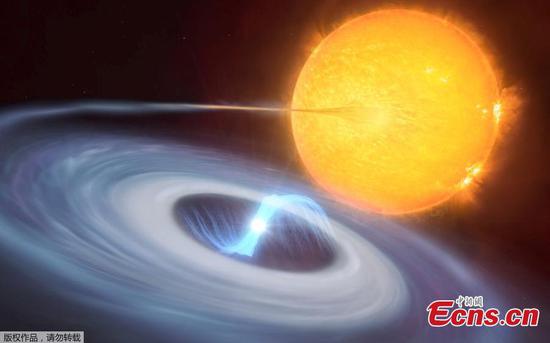
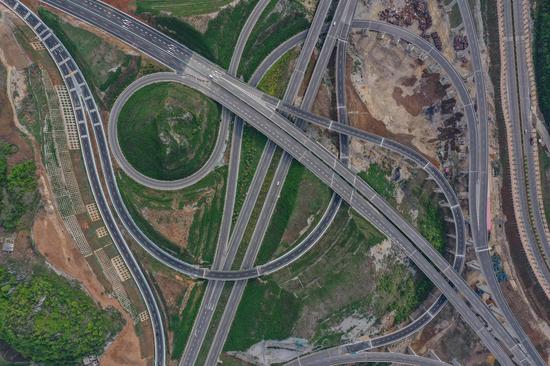
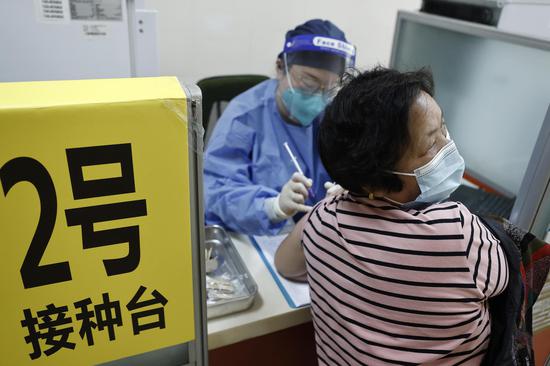
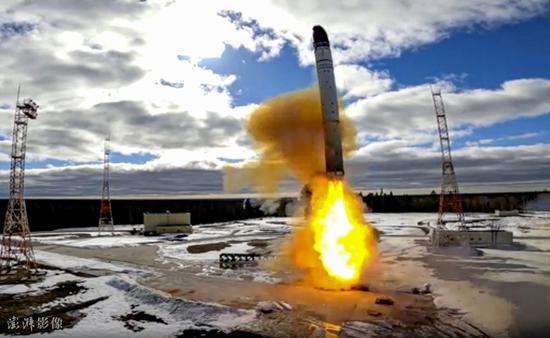

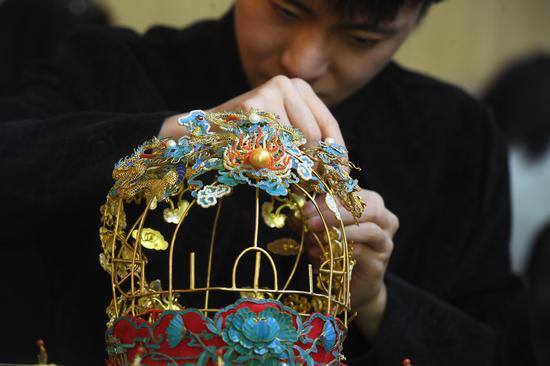
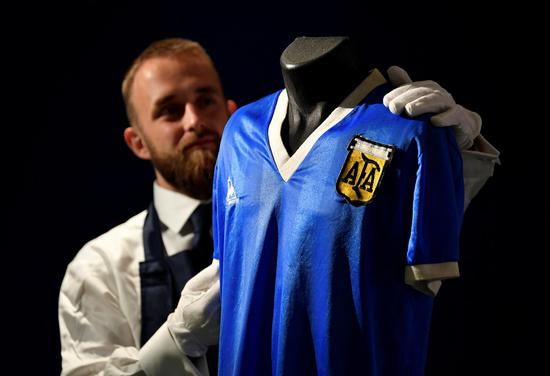

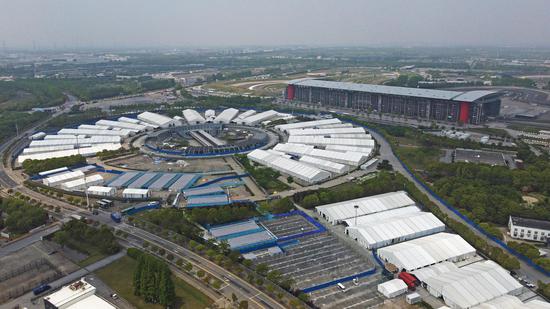


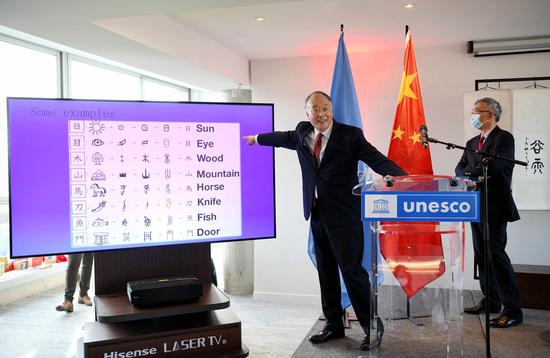

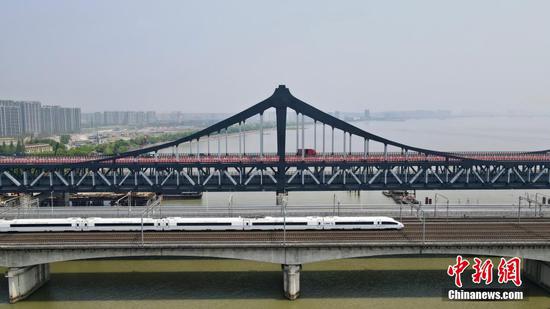
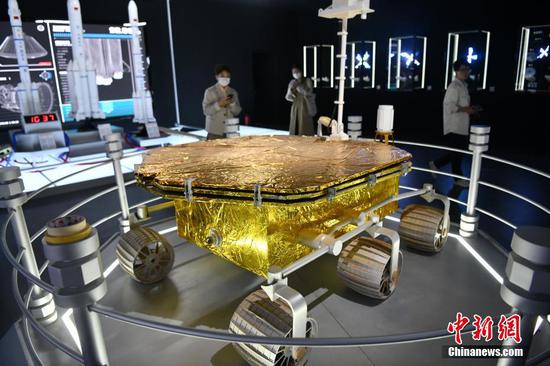
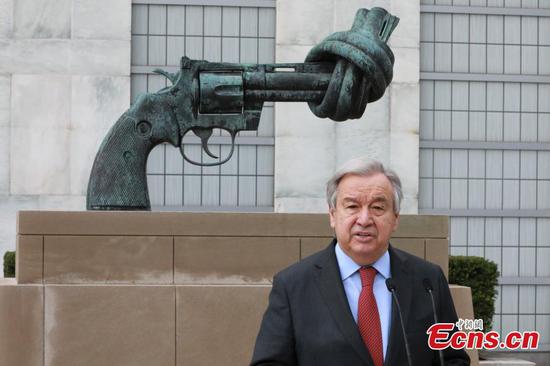
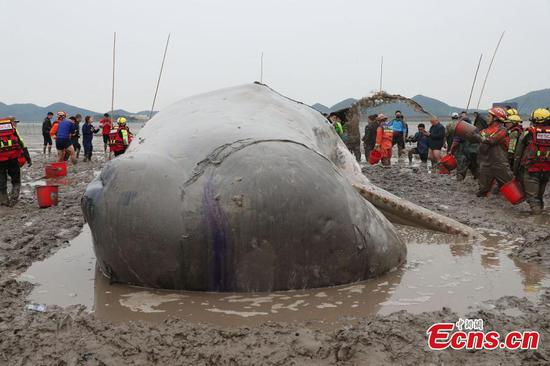
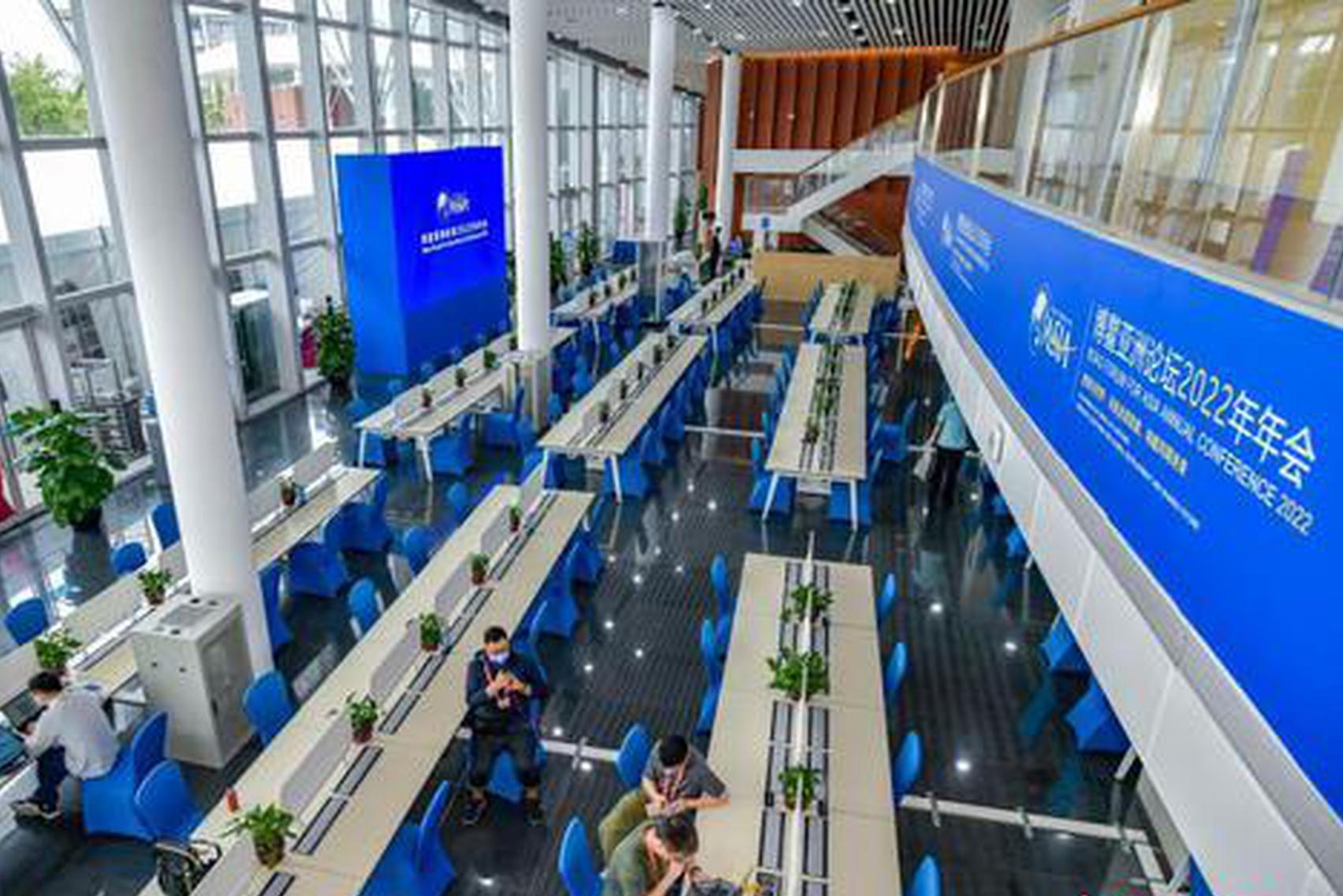


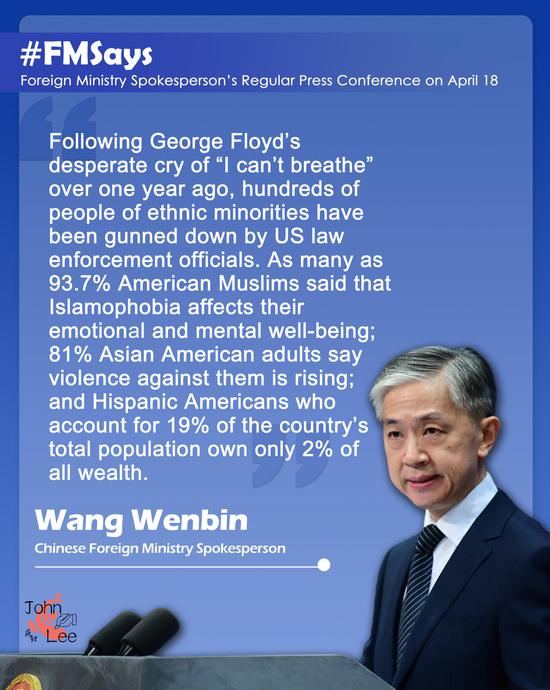
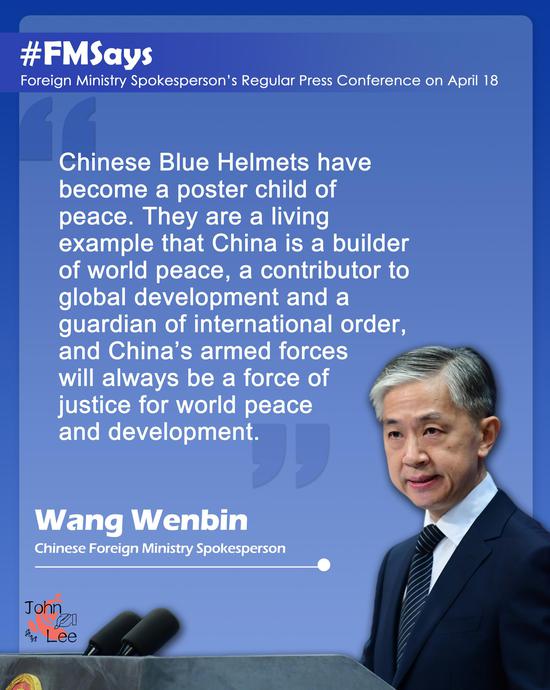
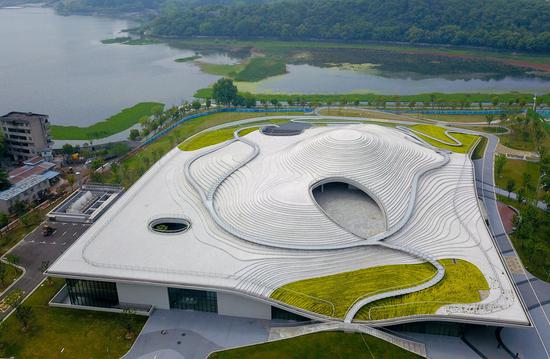
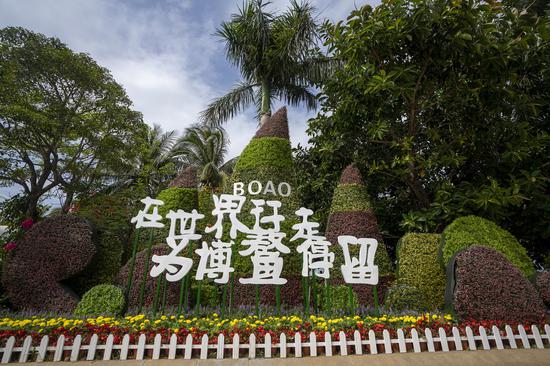
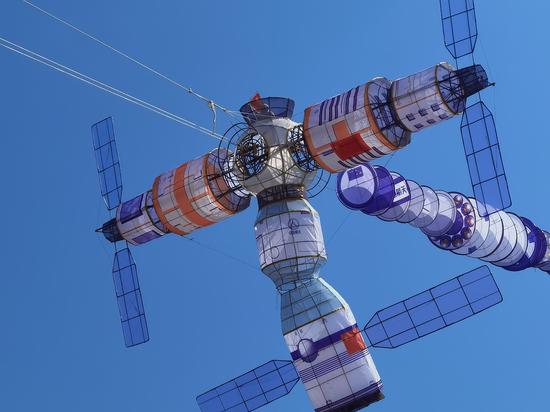
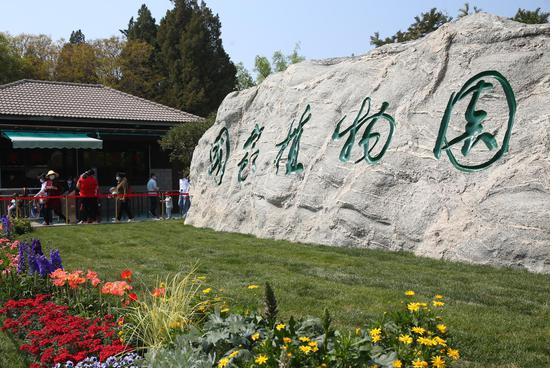
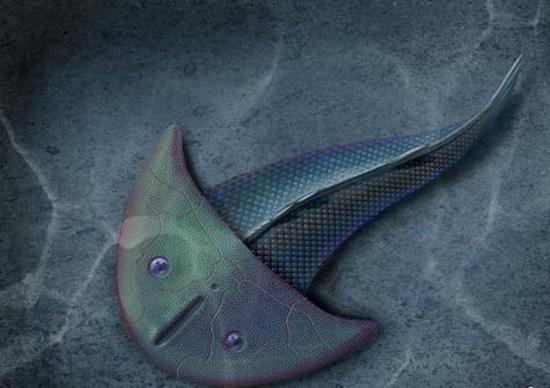


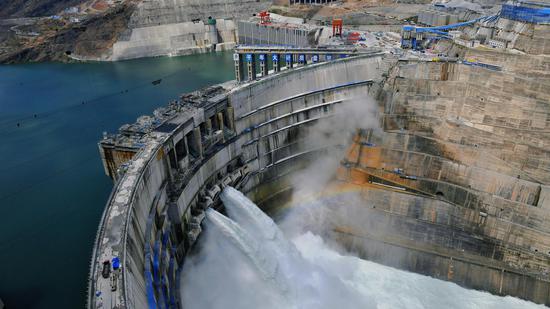
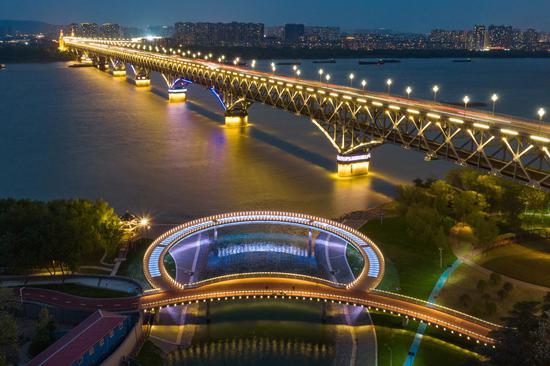

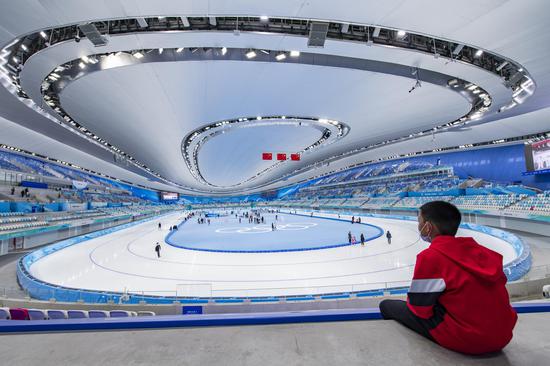



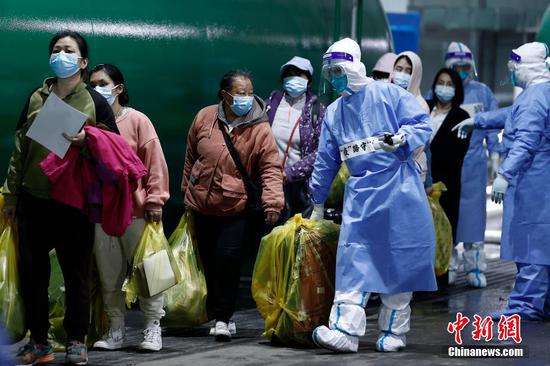



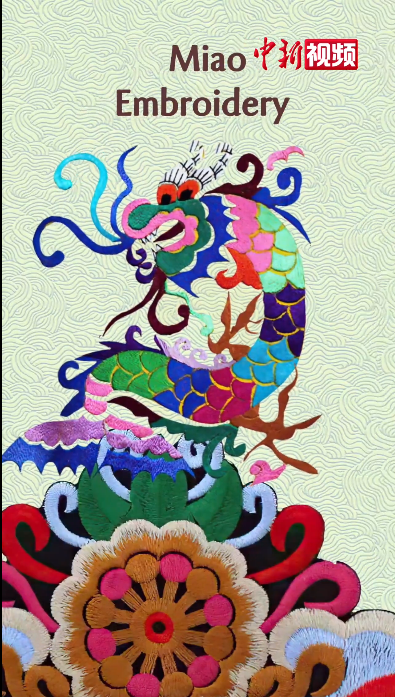

 京公网安备 11010202009201号
京公网安备 11010202009201号